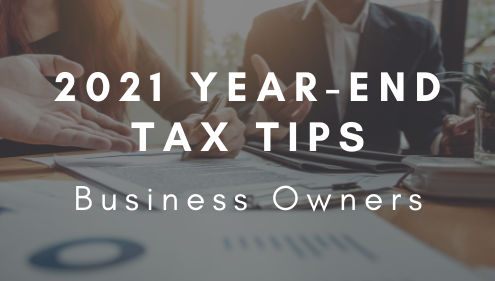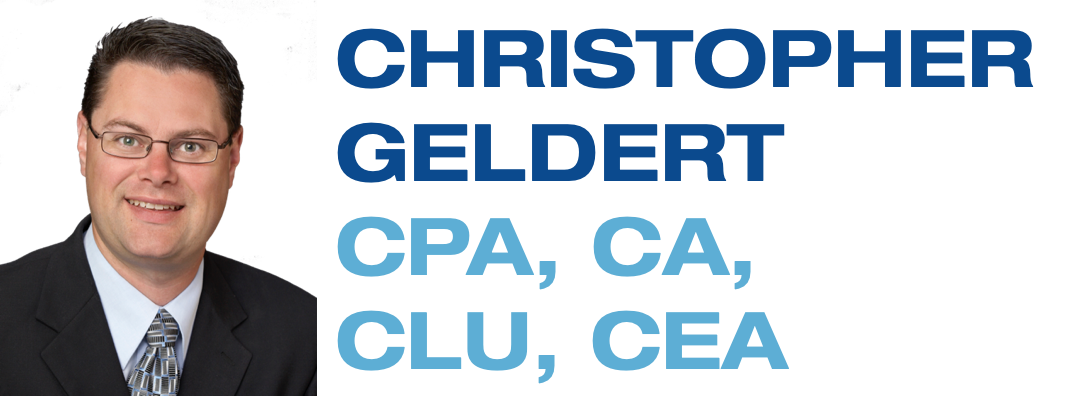
2021 Personal Year-End Tax Tips
Blog, individualsThe end of 2021 is quickly approaching – which means it’s time to get everything in order, so you’re ready when it comes time to file your taxes.
We’ve broken this article into the following sections to make it easy to find the tax tips you’re looking for:
• Individuals, including details on COVID-19 benefits and important tax credits.
• Investment considerations, including how to best contribute to TFSAs, RRSPs, and RDSPs.
• Families, including how to claim childcare expenses and make the most of RESPs.
• Retirees, including essential details about applying for CPP and OAS.

2021 Year-End Tax Tips for Business Owners
2021, Blog, Business Owners, corporateWe’re approaching the end of the year, so it’s time to review your business finances. We’ve put together an article highlighting the most critical tax-planning tips you need to know as a business owner.
We’ve focused on:
• How to determine the right salary and dividend mix.
• The best ways to handle compensation.
• How to make sure you can take advantage of the small business deduction.
• What you need to know about depreciable assets and charitable donations.
• How to make the most of Covid-19 relief programs.

How To Protect Your Estate
Blog, Estate PlanningYou have spent your life working hard and accumulating wealth for you and your family to enjoy. While you are living you pay taxes annually on both your earned and investment income. But did you know that your assets may also result in a tax liability upon your death or the death of your spouse? In Canada, a taxpayer is deemed to dispose of all of his or her assets at death. If the value of these assets exceeds their cost, then, without proper planning, taxes could be payable.
But the good news is, it might be possible to reduce or at least delay the payment of this tax by organizing or re-allocating certain assets that would result in a tax liability at your death. There is also a way to cost-effectively accumulate tax-free funds to pay all or part of any taxes that may become due upon your death.
Of course, every situation is different, so you should consult with a financial advisor before making any big decisions. Below is a simple guide that will help you structure your estate in the most tax-advantageous method.
